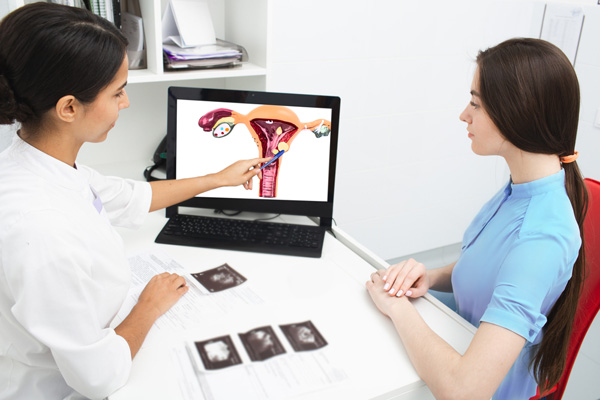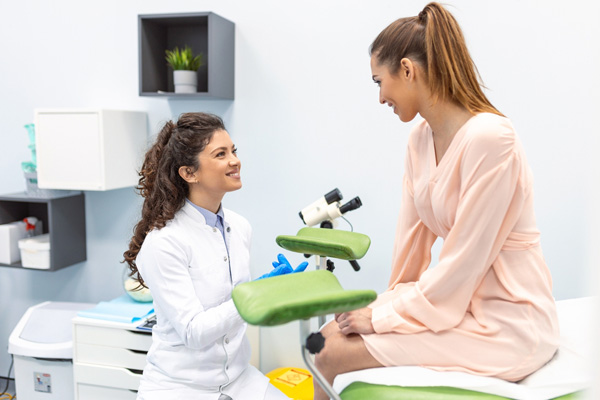A Guide to Gynecological Exams

You have probably dreaded gynecological examinations all your life. The experience is perhaps identical to experiencing your first period or buying your first bra, except this time, it is more intrusive and involves your body parts, particularly your vagina. Before going to the clinic to open up to stirrups and pap smears, calm your fears and read this guide to gynecology exams that will help you manage your body and overall health as a woman.
Select a good gyno
Before you choose any practice, you need to do your research, get recommendations from friends, read online reviews and attempt to get a gynecologist you would feel comfortable with. Your first visit should not be riddled with uneasiness. Ask yourself, “Would I prefer a female doc?” or “Do I want a professional with an understanding of crucial cultural matters regarding sex and womanhood?”
Finding the right gynecologist is crucial, because he or she might be the one you stick with throughout your teenage and adult years.
Preparing for your first appointment
Before going for your consultation, consider your sexual and menstrual history. Your age when you first had sex, number of sexual partners and your contraceptive and STD protections are information you would need to tell your doctor. You also have to monitor your menstrual cycle, including the average length of your periods, how heavy and regular they are and the experience you deal with during menstruation, including cramps.
There is no need to shave pubic hairs before your visit. The only requirement is to maintain basic hygiene; bathe or take a shower within 24 hours. Women are advised not to use medications, lubricants, spermicides or douches a day before the exam because it could affect the result of the pap test. Sex without a condom before the review is also not advisable.
The gynecological exam
At the waiting room, you will be asked to fill out forms to answer questions related to your sexual and menstrual history. Try to answer the questions as accurately as possible to ensure the accuracy of the process. Be assured the information will remain confidential.
After privately taking off your clothes and changing into a gown, the doctor will ask you to lie on the examination table. The following tests will be conducted:
Breast exam
The doctor will examine your breasts and underarms for abnormalities such as lumps, skin changes and nipple discharge. Women should examine their breasts regularly, and the doctor will teach you the procedure.
Pelvic exam
Pelvic examination follows the breast exam. While still lying down, the doctor will press gently on different areas of your lower abdomen to check if you experience discomfort before the examination. The doctor will then use medical tools like a speculum to examine the vagina. The speculum is used to spread your vagina walls open to give the doctor an unobstructed view of your vagina and cervix.
If the doctor needs to perform a pap test (used to check for signs of cervical cancer, fibroids, ovarian cysts or any issue causing heavy flow), a sample of your cervical cells will be taken before removing the speculum. After this, the gyno will check other pelvic organs for signs of anomalies.
Final note
Women are generally advised to have their first gynecological exam at 18, but they should go earlier if they are sexually active or have a condition that requires a pelvic examination.
Request an appointment here: http://eckhardtobgyn.com or call Donald Eckhardt Jr., M.D. , Kari Eckhardt W.H.N.P., C.N.M. at (346) 201-4716 for an appointment in our Tomball office.


